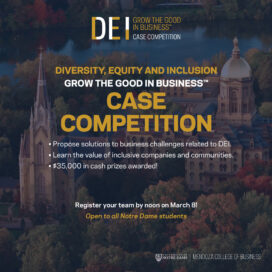Beyond Greed, We All Have Blind Spots
Published: October 25, 2011 / Author: Walter Pavlo
Like many in the world of finance, I have watched the unfolding of the massive insider-trading scandals that have dominated the headlines this year. Raj Rajaratnam, a Wharton MBA, successful hedge fund manager, billionaire and philanthropist is heading to prison for 11 years on charges related to insider trading. Robert Moffat was educated at Union College and came up through the ranks to be a big-time executive at IBM before heading to prison for passing insider tips to a hedge fund manager. How could these successful people, and many others, get caught up in this scandal? It has to be something beyond greed … and a book I read indicated that I might just be right.
Why do people, normally good people, act differently than they say they will when presented with an ethical dilemma? That is one of the questions answered in the new book “Blind Spots: Why We Fail to Do What’s Right and What to Do about It,” by Professors Max H. Bazerman (Harvard Business School) and Ann E. Tenbrunsel (Mendoza College of Business, University of Notre Dame). The book does not excuse unethical or illegal behavior, but it provides us with an understanding of how people make decisions….poor decisions. Forensic accountants make a living out of trying to figure out why and how people commit the financial crimes that they do, but Blind Spots is a look beyond the traditional fraud triangle of evaluating Opportunity, Pressure and Rationalization.
Read the entire article, “Beyond Greed, We All Have Blind Spots.”
/news_and_events/news_articles/article/10250/beyond-greed-we-all-have-blind-spots




